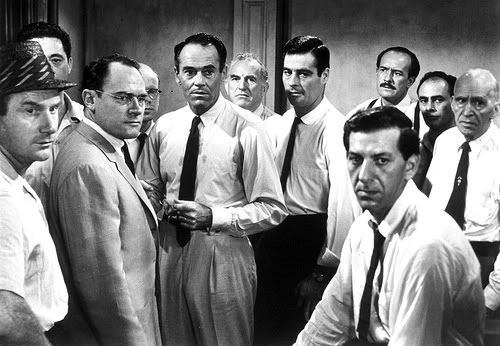HOME
This is the blog of Ian Rosales Casocot. Filipino writer. Sometime academic. Former backpacker. Twink bait. Hamster lover.
Interested in What I Create?
Bibliography

The Great Little Hunter
Pinspired Philippines, 2022

The Boy The Girl
The Rat The Rabbit
and the Last Magic Days
Chapbook, 2018

Republic of Carnage:
Three Horror Stories
For the Way We Live Now
Chapbook, 2018

Bamboo Girls:
Stories and Poems
From a Forgotten Life
Ateneo de Naga University Press, 2018

Don't Tell Anyone:
Literary Smut
With Shakira Andrea Sison
Pride Press / Anvil Publishing, 2017

Cupful of Anger,
Bottle Full of Smoke:
The Stories of
Jose V. Montebon Jr.
Silliman Writers Series, 2017

First Sight of Snow
and Other Stories
Encounters Chapbook Series
Et Al Books, 2014

Celebration: An Anthology to Commemorate the 50th Anniversary of the Silliman University National Writers Workshop
Sands and Coral, 2011-2013
Silliman University, 2013

Handulantaw: Celebrating 50 Years of Culture and the Arts in Silliman
Tao Foundation and Silliman University Cultural Affairs Committee, 2013

Inday Goes About Her Day
Locsin Books, 2012

Beautiful Accidents: Stories
University of the Philippines Press, 2011

Heartbreak & Magic: Stories of Fantasy and Horror
Anvil, 2011

Old Movies and Other Stories
National Commission for Culture
and the Arts, 2006

FutureShock Prose: An Anthology of Young Writers and New Literatures
Sands and Coral, 2003
Nominated for Best Anthology
2004 National Book Awards
Follow the Spy
Recent Crumbs
Blogs I Read
© 2002-2021
IAN ROSALES CASOCOT
Wednesday, April 13, 2011
 1:30 AM |
Reasonable Doubts
1:30 AM |
Reasonable Doubts

I just finished Sidney Lumet's
12 Angry Men [1957]. No car chases, no guns, no special effects. Just twelve men talking around a table, all of them members of a jury arguing whether the defendant in a murder case is guilty or not. And yet it is one of the most intense movies I've ever seen. Of course I've heard of this film before -- yet I've never found myself wanting to watch for some reason or other. It has the distinct reputation of a film classic, and alas I still harbor a common pedestrian's misplaced anxiety over watching anything old, in black and white, something that's "reputable," or Good For Me. (For many people, these qualities are a kiss of a death in a movie; something about human nature insists on patronizing the dregs of culture, like the
Saw series. Or
Willing Willie.) Lumet's death a few days ago eventually pushed me to try this, his first feature film. I've loved other films of his before --
Dog Day Afternoon [1975],
Serpico [1973],
Network [1976],
Murder on the Orient Express [1974], and
The Pawnbroker [1964] most of all, a film my friend John Stevenson thrust upon my unwilling hands and said: "Watch this," although I really didn't want to (and came away awed by the movie). I've also seen some of the others, but they were slight works in critical estimation, although entertaining still -- and always pulsating with the theme of social justice. And the blueprint for that is evident in this first film. Here, how Henry Fonda's lone dissenting juror triumphs in his unshakable pursuit of a reasonable doubt is a masterstroke in acting, but it is Lee J. Cobb's devastated and defeated sad-sack of a juror, with sad memories of his own son, that wrings out first our enmity and then later on our deep sympathies. As Fonda's character intones near the end of the film: "It's very hard to keep personal prejudice out of a thing like this. And no matter where you run into it, prejudice obscures the truth." And I think that's what the film is ultimately about -- an examination of what we accept to be Truths in this life.
What is Truth? How do we know if something is really truthful? And can we stake human life on something that can easily be obscured by our prejudices? Unfortunately, in this world, that injustice happens every single day. That jury room might as well be a metaphor, a microcosm, for all our lives.
Labels: directors, film, issues, law
[0] This is Where You Bite the Sandwich
GO TO OLDER POSTS
GO TO NEWER POSTS

















 1:30 AM |
Reasonable Doubts
1:30 AM |
Reasonable Doubts
